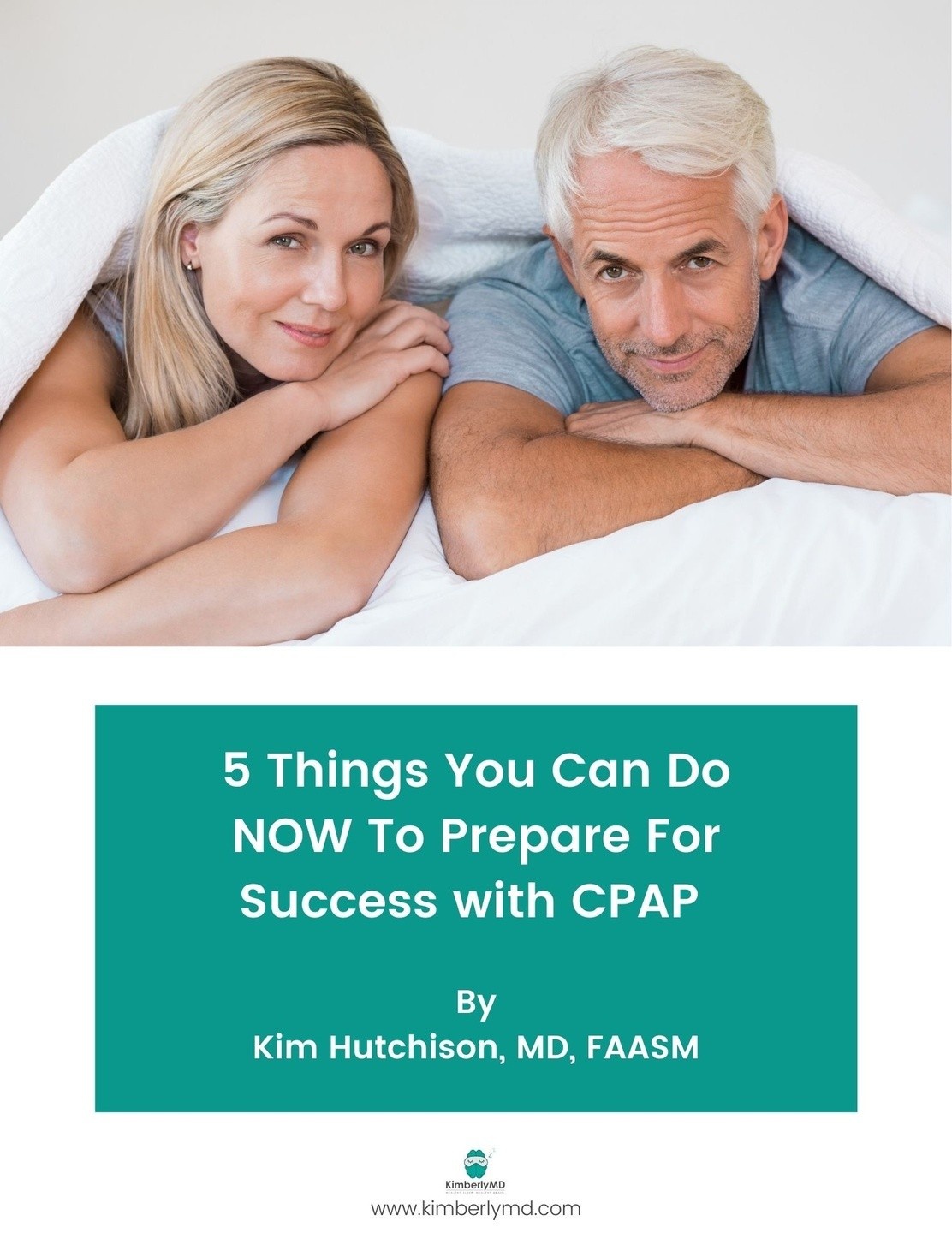How do I know if I have sleep apnea?
While millions of people have undiagnosed sleep apnea, there are many who don’t have sleep apnea. So how do you know which group you fall into?
If you are a healthy person who feels they sleep well and you function well during the day, chances are you don’t have sleep apnea and you can stop reading here.
However, if you fall into the category of being tired or functioning poorly during the day, or wake up wishing you could go back to sleep (even after sleeping 7 or more hours), then read on.
Primary symptoms of sleep apnea include:
- non-refreshing or restless sleep
- daytime fatigue
- daytime sleepiness
- irritability
- problems concentrating
- depressed mood
- poor judgment
- poor memory
- it can even cause weight gain through affecting appetite hormones. Yikes.
While many of the symptoms of sleep apnea can also be caused by other things, treating any underlying sleep apnea is guaranteed to help. The most common reason people today are sleepy during the day is that they aren’t getting enough sleep at night. We live in a 24/7 culture, and one that values productivity and achievement over physical and mental wellbeing. Sleep is undervalued so the first thing to do is get adequate sleep at night. This is 7-8 hours for most adults.
If you are getting enough sleep at night yet still feel sleepy during the daytime, then you are at risk of something disrupting the sleep you are getting, such that the quality of your sleep is not ideal. This is where sleep apnea comes in. Most people aren’t aware of the repetitive brief arousals to breath at night, but these disruptions prevent us from getting into and staying in the deeper stages of sleep that we need to feel restored and function our best during the day.
How do I know if I have sleep apnea? The first place to start is to talk to your doctor about a sleep study. Most sleep studies for adults are now done in the home and involve being hooked up to fewer wires than in the past. Home sleep studies are much less expensive and more readily available. Word of caution: while these home tests are particularly good at identifying moderate to severe sleep apnea, they often miss mild sleep apnea, so if you have symptoms and your home test is is negative, I recommend going into the sleep lab for more detailed monitoring.
Sleep Apnea Curious?
Take the Quiz




